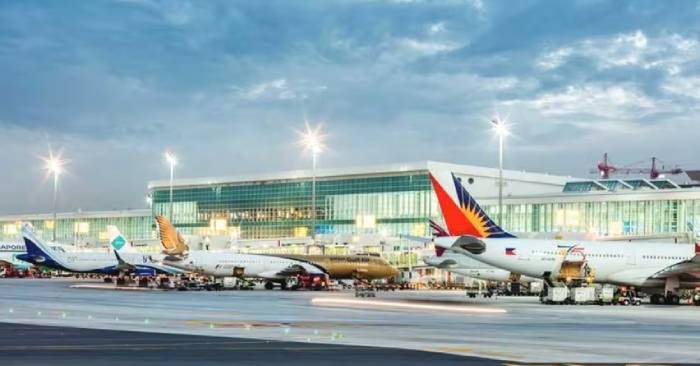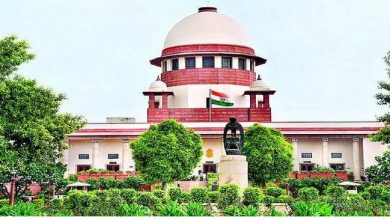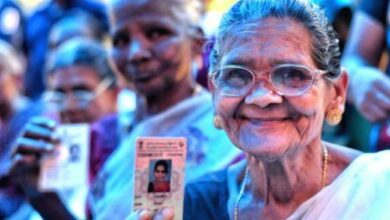India Issues Travel Warning for Canada Amid Diplomatic Strain over Sikh Leader’s Assassination

In response to escalating tensions between India and Canada following allegations by Canadian Prime Minister Justin Trudeau regarding Indian involvement in the assassination of a Sikh separatist leader in Vancouver, India has issued an updated travel advisory. The advisory urges its citizens, particularly those studying in Canada, to exercise caution due to the increasing instances of anti-India activities and politically motivated hate crimes in the country.
Furthermore, Indian nationals are advised to avoid venues in Canada that have been specifically targeted by threats against Indian diplomats and segments of the Indian community that oppose anti-India agendas. The diplomatic standoff has strained the traditionally strong partnership between Ottawa and New Delhi in areas such as security and trade.
Canada has yet to present any concrete evidence linking India to the killing of Hardeep Singh Nijjar, a Canadian citizen of Indian origin who was known for his involvement in Sikh separatist activities. India had designated Nijjar as a terrorist in 2020 and accused him of supporting the Khalistan movement, which seeks an independent Sikh homeland. This movement, which originated in the 1970s and 1980s and faced a government crackdown, still retains support among Sikhs in Punjab and the overseas Sikh diaspora.
India’s foreign ministry has criticized Trudeau’s allegations, asserting that they divert attention from the presence of Khalistani terrorists and extremists in Canada, who pose a threat to India’s sovereignty and territorial integrity. This travel advisory is not the first of its kind, as India had previously cautioned its citizens about travel to Canada due to an increase in hate crimes, sectarian violence, and anti-India activities in the country.
The historical context of the Sikh independence movement dates back to the 1940s but gained prominence during the 1970s and 1980s. In 1984, then-Prime Minister Indira Gandhi ordered a military operation to capture armed separatists hiding in the Golden Temple, Sikhism’s holiest shrine. This operation resulted in hundreds of casualties and Gandhi’s assassination by her Sikh bodyguards. Subsequently, anti-Sikh riots erupted across India.
Despite the suppression of the insurgency, the Indian government, under Prime Minister Narendra Modi, has consistently warned of attempts by Sikh separatists to revive the movement. India has called on several countries, including Canada, Australia, and the United Kingdom, to take legal action against Sikh separatists and has accused Canada of harboring such individuals, including Nijjar.
The expulsion of diplomats from both countries has exacerbated tensions, leading to strained interactions between Trudeau and Modi during the recent Group of 20 meeting in New Delhi. Additionally, Canada canceled a planned trade mission to India. However, Canada remains a preferred destination for Indian students pursuing higher education, with nearly 300,000 Indian students studying in the country in 2022.






